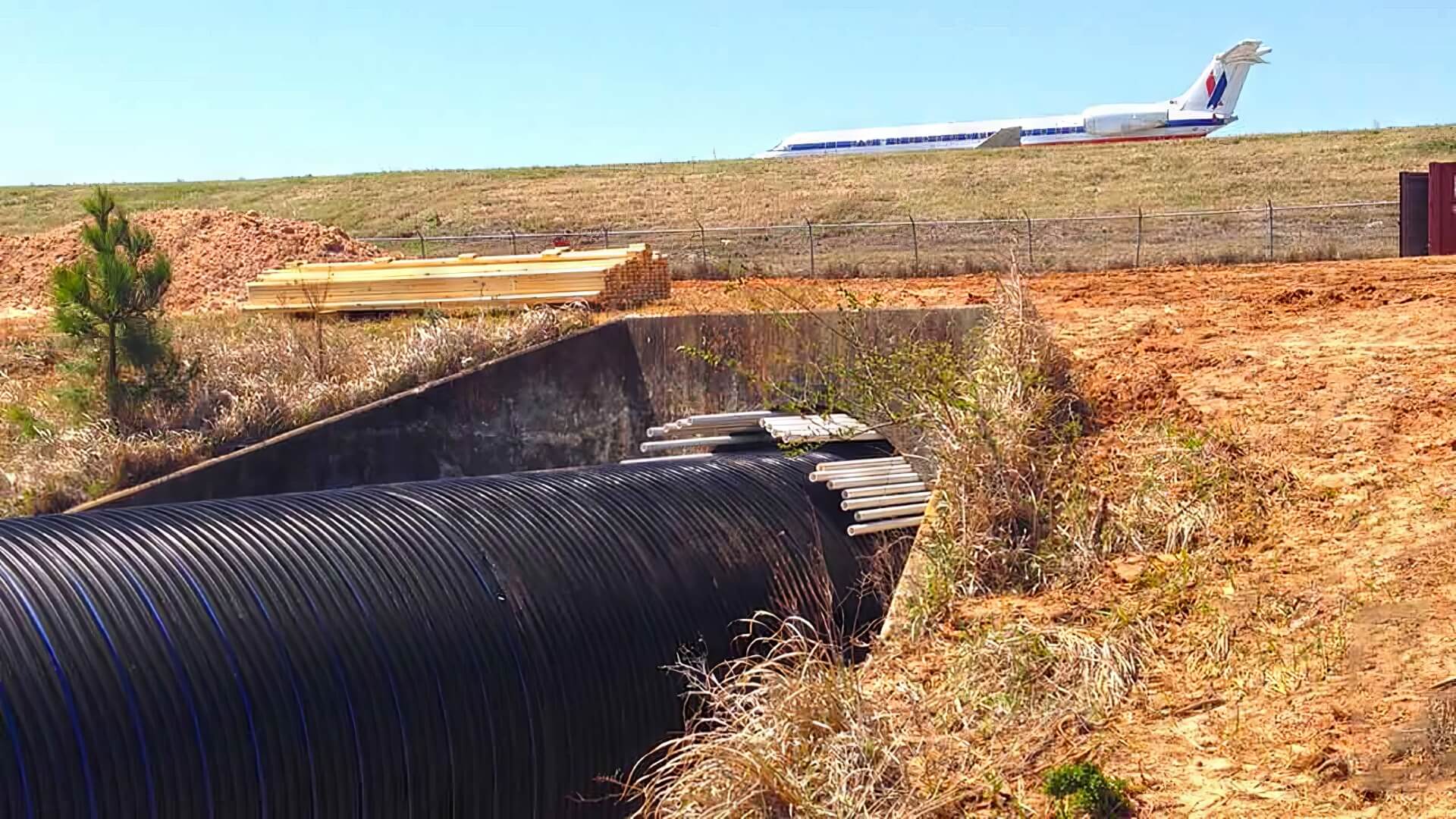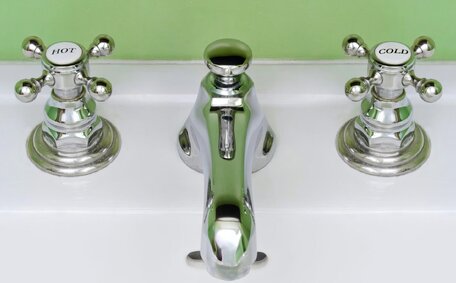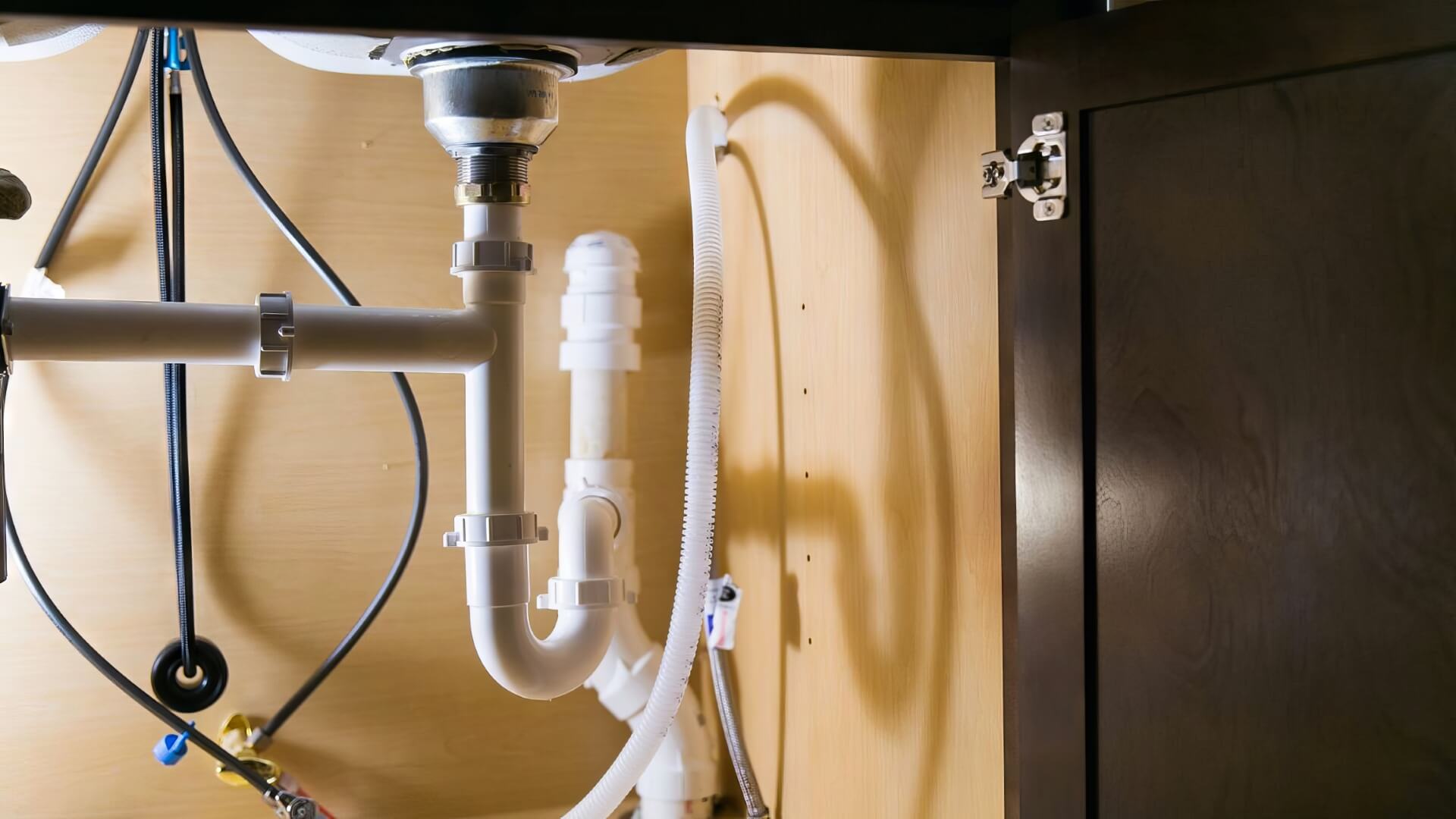
Does Pipe Relining Increase Property Value?
Pipe relining fixes damaged pipes without digging or replacement. It prevents leaks, damage, and improves drainage. This increases property value and saleability for under $2000.
Read MoreRust formation in your sewer lines can occur and do significant damage over time due to material degradation. As inside pipe coatings like cast iron or galvanised steel age, the protective zinc or enamel layers begin to break down when exposed to moisture and oxygen.
Under these conditions, rust or iron oxide forms, As the metal flakes due to rust, the resulting buildup narrows drain walls, restricting water flow. In some cases, older homes with ageing pipe infrastructure are more susceptible to these issues, compromising structural integrity.
PVC pipes have a lifespan of 50-70 years, outlasting clay pipes which are prone to cracking and leaking within 20-50 years. Tree root penetration in joints can lead to substantial damage, and is one of the most common causes of cracks in these pipe types.
Irrespective of the pipe material in your home, it’s crucial to monitor for rust build-up, as it can cause significant damage if not addressed by proper water treatment. Neglected rust can lead to restrictive water flow, leaks, and other costly plumbing issues. Regular inspections and replacing severely corroded sections prevent changes in water taste or high-pressure issues that could damage your plumbing over time.
Rust arises from oxidation, an electrochemical reaction where iron in steel or iron pipes interacts with oxygen and moisture.
Cold water in itself rarely causes rust, but certain conditions mean your pipes can succumb to corrosion as they interact with electrolyte-rich fluids. Various factors including salinity, pH levels, and water temperature can also accelerate the corrosion process. Dissolved salts and minerals in harder water can provide electrolytes that speed up iron oxidation, impacting the taste your water.
Moreover, temperature increases where hot water is present accelerate the reaction. Hot water systems that consistently exceed 50°C are prone to faster corrosion, necessitating close temperature monitoring. Stagnant water can also promote interior rusting as oxygen penetration levels rise, so ensure your water main and water supply is appropriately circulated.
The resulting iron oxide buildup flakes off the metal surface over time. This rust debris travels down sewer lines and accumulates, eventually restricting water flow. Should you see any of the aforementioned signs, it might be prudent to call plumber as rust buildup also harbours bacteria, causing further blockages.
Any pre-existing breaches in pipe protective enamel coatings allow widespread internal corrosion, subsequently spilling over drain boundaries too. Ultimately, a chain reaction occurs in your front yard plumbing: corrosion leads to pipe blockages, allowing more water penetration and exacerbating degradation.
Corrosion inside your drain pipes leads to the accumulation of flakes and debris, setting the stage for plumbing issues. In certain instances, materials can get stuck in the drain, causing a blockage as they journey further down, becoming lodged in drain bends, joins, and exits. As more debris and oils lodge within your house’s piping, they hinder water flow, causing clogged drains or blockages.
Typically, other substances like buildup hair, soap residue, wet wipes, and toilet paper combine with rust flakes, creating drain-clogging masses. In your kitchen sink, food waste and grease clogs are a frequent nuisance. Meanwhile, buildup of hair and fibres can often clog the sink bathroom drain, affecting drainage significantly.
Partial clogs may present as gurgles in sink and toilet drains, eventually escalating to complete blockages. When water cannot pass through, it’s a clear indication that an emergency plumber should be called. Backed up water and sewage from your main sewer line may even flood inside if left unattended.
Rust debris removal requires mechanical usage of a drain cleaner down drain affected pipelines. This involves using a jet blaster, special augers, plungers or water jets to detach and get flushed down the blockage. Clearing a clog provides only a temporary fix unless the underlying rust issue is also treated.
For long-term prevention, replacing metal pipes, including steel or iron sections, with PVC alternatives may be necessary. Professional annual CCTV drain inspections are crucial to minimize debris buildup.
If you suspect corrosion and want to know how to detect if your pipes may be suffering from internal rust, watch for these common warning signs:
If you encounter one or more of these issues, call your local professional plumber, particularly if you’re on the Gold Coast, to diagnose your pipes. Catching severe rust early can help prevent major problems later and save on costly repairs down the track.
If your home’s pipes show signs of rust corrosion, prompt action is required to prevent rapid deterioration. Here are handy prevention tips:
Proactive management of rust reduces the risk of burst pipes, leaks, tap flow restriction, and drain blockages. However, advanced corrosion still requires pipe repairs by a licenced plumber to avoid blocked drains, infrastructure failures, water damage, or poor water quality.
Pipe relining fixes damaged pipes without digging or replacement. It prevents leaks, damage, and improves drainage. This increases property value and saleability for under $2000.
Read MoreThe efficiency of your hot water system can be impacted by various environmental factors. Proper insulation, temperate climates, and appropriately sized systems lead to enhanced efficiency, lower energy bills, and reduced emissions. Compare different hot water systems and learn tips to maximise efficiency.
Read MorePipe relining is the most effective way to permanently solve bad sewer smells without the need to dig trenches or damage your property. Our trenchless pipe repair specialists use specially designed pipes to reline your old, damaged pipes. This stops cracks and leaks that let sewage smells flood your home.
Read MoreLeichhardt, 2040 NSW
We will call back as soon as possible.




